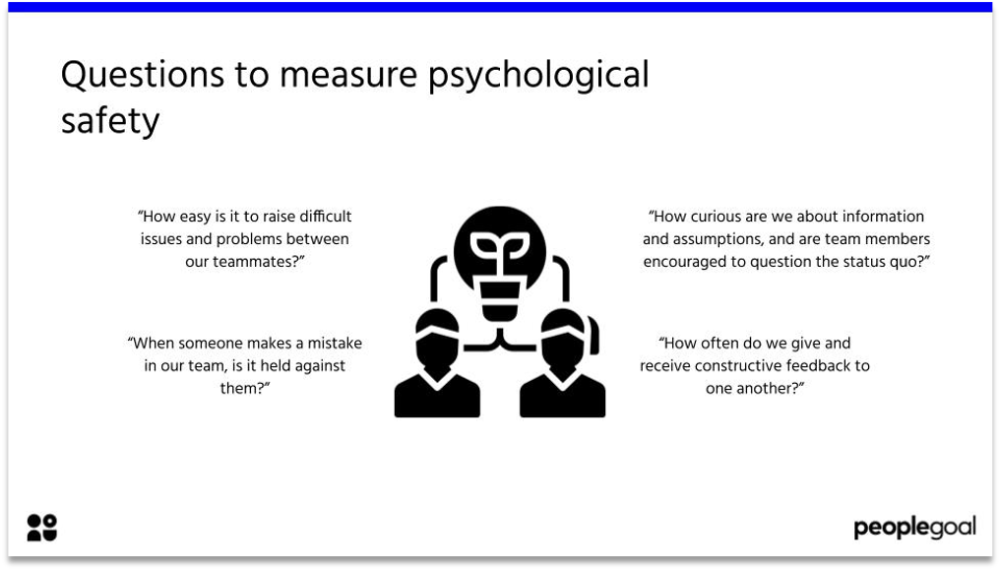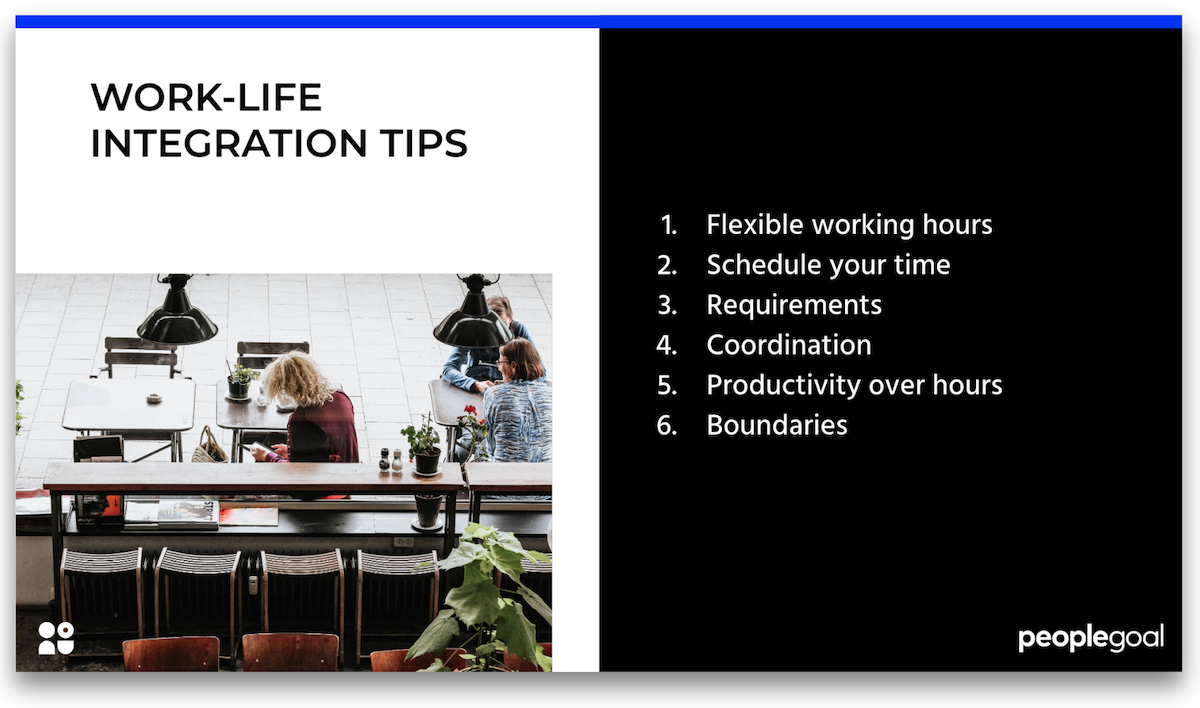It’s not what you know, it’s who you know…
We all know the phrase, but does it continue to exist in the workplace today or has nepotism been curtailed? According to research by HRZone, 81.4% of those hunting for jobs in the UK believe that nepotism continues to exist in the UK. A further 61.3% disclosed that they have either seen nepotism occur in the workplace or have been the victim of nepotism.
What is nepotism?
Nepotism is the practice among those with power and/or influence in favouring friends and relatives. This is particularly pertinent in the workplace where those in a position of influence will be more likely to choose others for jobs based on their relationship to them. It could also mean favouring particular staff as they are better friends or have better relationships with them.
Nepotism can manifest itself in the form of workers getting jobs for which they are unqualified for. It may also manifest in employees getting away with certain behaviours or misdemeanours, or managers bending the rules for some employees and not others.
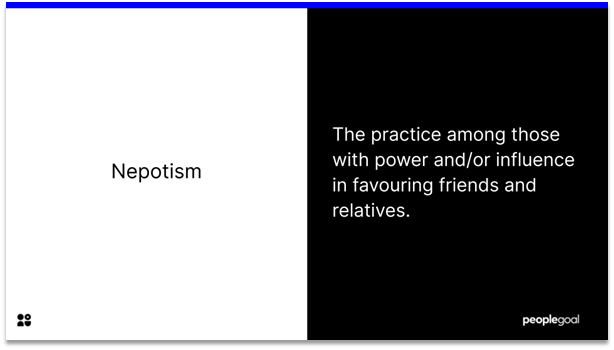
What are the disadvantages of nepotism and the issues which it causes?
Nepotism has the potential to produce a cascade of issues in your workplace. Favouritism conveys a likelihood of employing potentially weaker employees. It can cause great feelings of resentment or disdain among colleagues. If employees feel that someone is being disproportionately well treated, it can create a toxic or hostile environment. This in turn has an effect on staff morale, engagement and productivity.
Nepotism can also create toxicity in the employee at an individual level. Employees who feel their career development is being stunted as a result of nepotism will grow resentful and agitated in their current role. This in turn has repercussions for the organization. On the other hand, those who are benefiting from nepotism in the workplace may experience isolation from their colleagues. In this sense, nepotism can be viewed as a double-edged sword in damaging employee experience and morale.
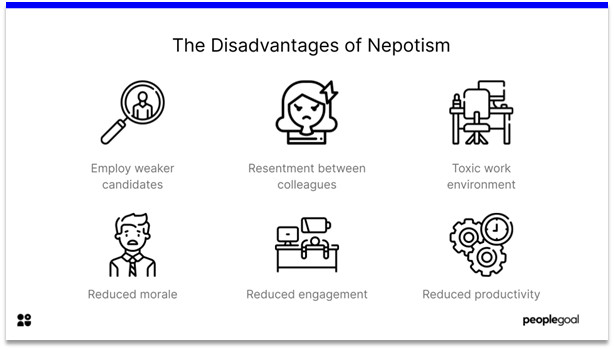
Dealing with nepotism in the workplace
The first and perhaps most important step is determining whether you are experiencing or seeing nepotism in your workplace. Is it that other individuals are experiencing an unfair level of favouritism or is that person genuinely qualified for that promotion?
If there are clear signs of nepotism make sure that you approach this problem carefully. A wrong approach – i.e. storming into your manager’s office – is not advised. Make your strategy for dealing with it clearly documented and easy for employees and managers to work with. Here are a few advisable strategies:
For Employees
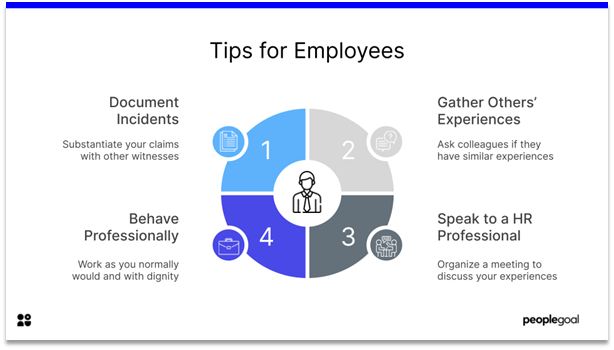
1. Make sure to document specific incidents
Take notes and document specific incidents of nepotism. Try to substantiate your claims by gaining other witnesses.
2. Gather others’ experiences and opinions
The advisable alternative to a coup-type approach! Ask probing but not uncomfortable questions to your colleagues to gain further knowledge.
3. Talk it through with a confidential individual at the organization
Set up an appointment with a HR professional in the organization or identify a third-party individual who is higher up than you to help. Try to organize your meeting to raise as little suspicion as possible. Remember to be professional and concise during your meeting. Remember that you have the opportunity to have more than one more meeting with more than one person to help substantiate your claim.
4. Behave professionally
Regardless of the strategy you choose to use, a key characteristic for dealing with nepotism is to behave with professionalism. Continue to work as you would normally and approach issues of nepotism with decorum. Behaving unprofessionally and without a certain level of dignity is likely to backfire and stop you from reaching your overall goal.
For Employers
It may be difficult for employers to envisage how they can negate nepotism in the workplace, but it is possible.
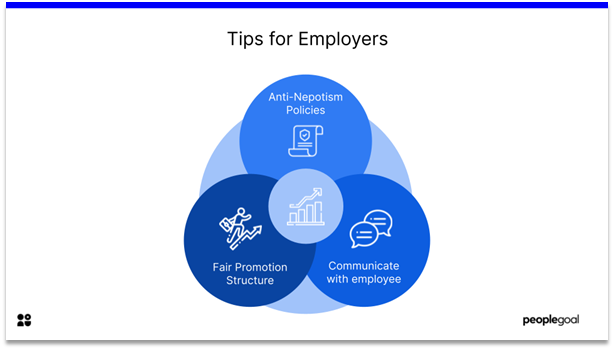
1. Anti-nepotism policies
Anti-nepotism policies restrict related individuals from working in the same department or company. Employees who adopt these policies need to state the cases which concern nepotism. For example, policies may prohibit one relative from supervising another or from married couples from working together.
A thoughtful and well-defined anti-nepotism policy should allow for the employment of friends and relatives while avoiding the associated complex and operational issues.
2. Create viable communication channels
Organizations may be committing nepotism without even realising it! Provide employees with proper communication to discuss where nepotistic biases may lie in the company. This provides employees with greater confidence in expressing their unhappiness in a polite and diligent manner.
3. Develop a viable internal promotional structure for relatives and friends
When employing friends and relatives it is important to be objective about the grade of job they should be employed in. This will show to others that they haven’t received the job based on nepotism, but their pre-defined level of skill and experience. It also provides friend and family members with the opportunity to demonstrate their skills and as to why they may deserve a promotion in the future.
Ready to 3x Your Teams' Performance?
Use the best performance management software to align goals, track progress, and boost employee engagement.



